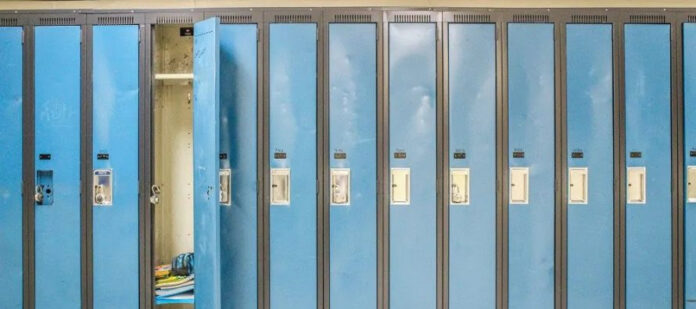A new study from the non-profit Angus Reid Institute in partnership with the University of British Columbia finds some Canadian children in schools – in particular those who identify as a visible minority – struggling to fit in more than children who do not identify this way.
Indeed, this conversation with 12- to 17-year-olds in Canadian schools finds that racially motivated bullying and insults are a reality in more ethnically diverse areas of the country.
While half of kids who describe their school as made up of mostly students from similar backgrounds say that these racial issues are something they have seen, this rises to two-thirds among those who say their school is more diverse. Further, visible minority students are three times as likely as white children to say that they have faced personal abuse. Indigenous children are twice as likely to say this.
That said, most Canadian children say that they have an outlet to talk about these issues. Indeed, nine-in-10 say that they talk to their parents or other family members about it. There may, however, be more for teachers and school staff to do. Three-in-10 victims of bullying or abuse say that staff in their school were either unaware of it or just ignored it.

SURVEY respondents were also asked about a number of issues and events related to racial discrimination throughout Canada’s history to gauge their self-reported level of awareness of these issues and events. One-quarter (26 per cent) of respondents say they learned a lot about racism in Canada throughout history at school, but nearly as many (21 per cent) say they haven’t learned anything at all about it. Furthermore, one-third of kids say they never learned anything about slavery in Canada, half say they didn’t learn of the internment of Japanese Canadians during the Second World War, three-in-five say schools didn’t teach them about the head tax on Chinese immigrants, and four-in-five say the Komagata Maru ship never came up in their classrooms.
“The findings on how many kids experience racial bullying and harassment is disturbing, but what it is more shocking is what our children are not learning in school,” says Dr. Henry Yu, associate professor in the UBC department of history. “These results bear out the summary findings from the National Forum on Anti-Asian Racism in June—that we have a national problem with ignoring or denying racism. If more than half of our children have never learned even the basics of Canada’s long history of racism, we will never solve this ongoing problem.”
Dr. Lindsay Gibson, assistant professor in the UBC department of curriculum and pedagogy who studies history and social studies curriculum, teaching and learning, says the findings suggest that far too many Canadian students are learning little to nothing about the long history of racial discrimination and enslavement in Canada.
“While it is encouraging that most students reported learning at least something about Indigenous treaties, land claims, and residential schools, the majority did not learn about specific examples of anti-Asian racism,” he says. “Providing students with a more comprehensive understanding of the history of racism in Canada demands more than adding a few racist events and topics to the curriculum. It must also include professional learning support for practicing teachers, the development of high-quality learning resources for all grades, and increased anti-racist education in teacher education programs.”
More Key Findings:
- Children in more diverse schools are significantly more likely to say that they have learned about racism in Canada’s history, Indigenous treaties, residential schools, and multiculturalism, than those who say their student body is made up of kids from mostly the same background.
- Most Canadians kids are comfortable with their peers wearing different clothes, celebrating different holidays and speaking different languages than they do. Approximately two-thirds say it’s not a big deal, while one-in-ten say they enjoy it.
- Among those who say that they have been the target of ill treatment, 43 per cent say it is something that they carry with them after it happens. More than half (57%) say it doesn’t bother them, or that they’re able to move past it.
- Older kids, between the ages of 15 and 17, are more likely than 12- to 14-year-olds to say they talk about racism with their friends – 73 per cent to 56 per cent respectively










